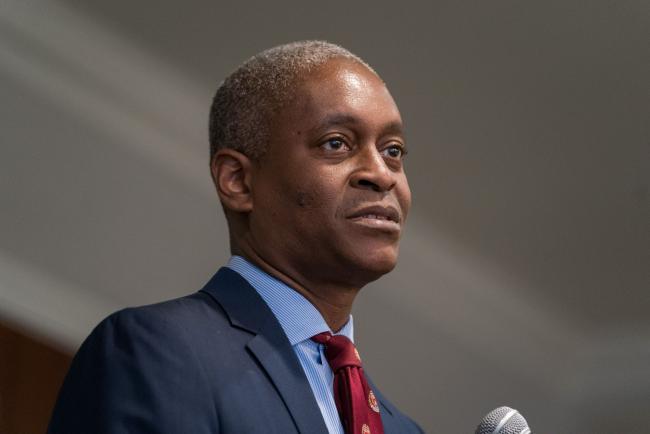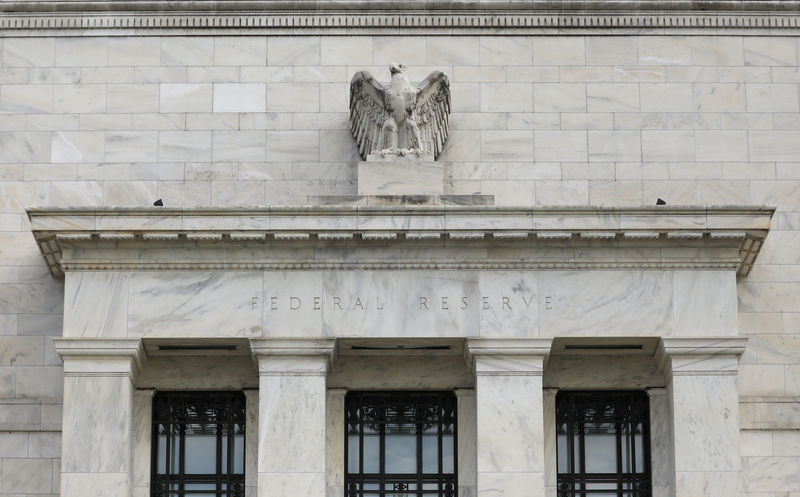(Bloomberg) -- Federal Reserve Bank of Atlanta President Raphael Bostic said the renewed spread of Covid-19 may be threatening the pace of the U.S. recovery, as businesses and consumers put plans on hold.
“People are getting nervous again,” Bostic said Tuesday during a virtual discussion hosted by the Tennessee Business Roundtable. “Business leaders are getting worried. Consumers are getting worried. There is a real sense that this might go on longer than we had hoped and we had expected and we had planned for.”
While recent U.S. economic data has been better than expected, including the addition of 4.8 million jobs in June, Bostic said he was worried that more employment losses would become permanent rather than temporary if the economy fails to gather strength as hoped.
The Labor Department’s household survey showed more than 2.8 million Americans permanently lost their jobs in June, a 588,000 increase from a month earlier that was the biggest since the start of 2009.
Confidence in the economy seems to be retreating among Americans, Bostic said.
“That worry, that lack of confidence, is a critical thing that we all need to be mindful of, that I definitely need to be mindful of, as so much of the U.S. economy is based on confidence,” he said.
Increasing cases of the virus have prompted some states to curtail or reverse some of their reopening plans, and Florida and Georgia – both in the Atlanta Fed district – have been among the states seeing big increases in cases, along with Arizona, Texas and California.
“The spikes in positive tests suggest that the virus is spreading faster in some places, not slower,” Bostic said. “That might suggest we might need to do better and do more in terms of following and respecting our social distance requests and do things like wear masks.”
Bostic, who doesn’t vote on monetary policy this year, said the Fed stands ready to continue to provide support for the economy, adding the central bank is in no hurry to shut down any of its emergency lending facilities whose usage could go up if the economic slump were to continue for a prolonged period.
©2020 Bloomberg L.P.

